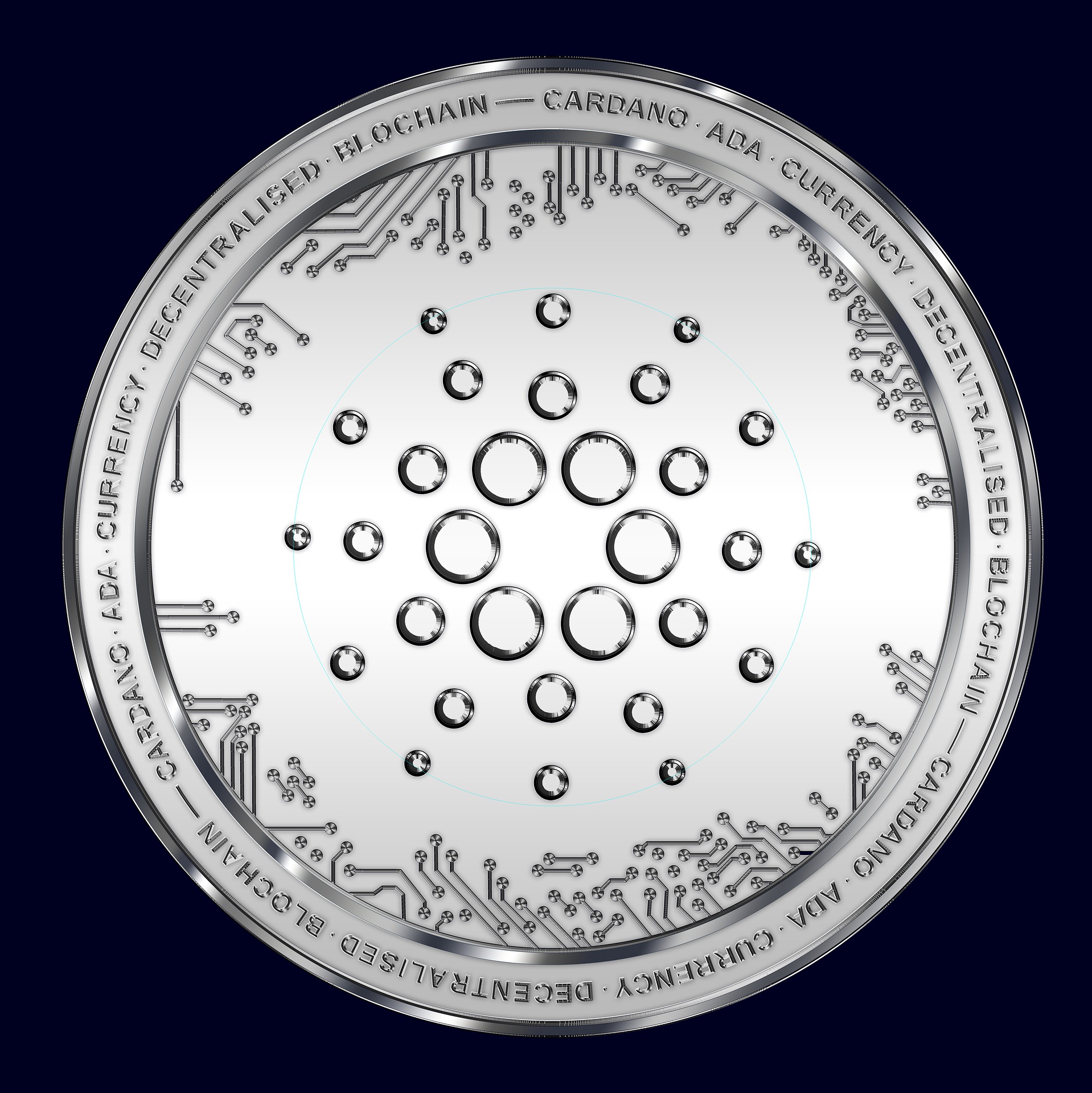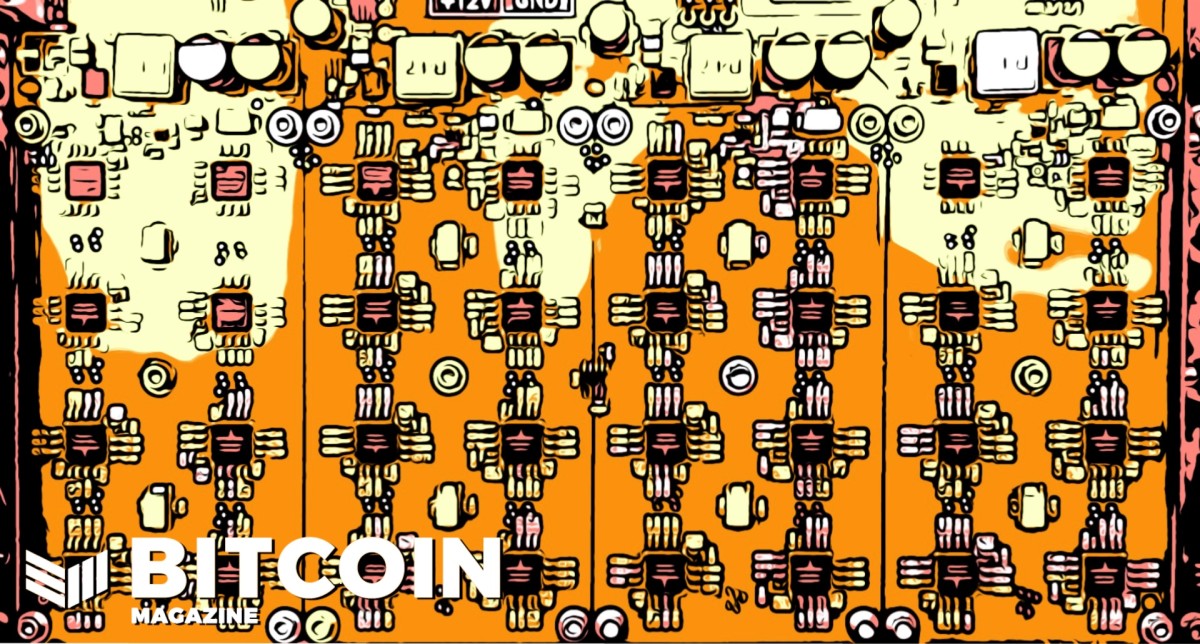Cardano (ADA) is back at it again – this time with a major milestone and new update. Cardano is gearing up to be in around 2 millions wallets this year. Will this help the already fast growing coin’s reputation and market cap as things begin to unfold? It has only been around a year since the coin reached 1 million wallets, and another million to add on top will make it a token to watch.
Related Reading | BitMEX Becomes One Of the First Crypto Exchanges To Go Carbon Neutral
What’s The Scoop?
Cardano’s official Twitter account tweeted a post this week announcing that the number of Cardano wallets has surpassed the 2 million mark. The network had previously reached the major milestone of 1 million ADA wallets in May. During that time, the Cardano Foundation implemented the Alonzo hard fork, enabling smart contracts on its network. Charles Hoskinson, Cardano’s founder, has since shifted his attention to increasing the adoption of blockchain technology in Africa. In another tweet last week, Hoskinson claimed that about 5 million students in Ethiopia are on schedule to receive digital IDs linked to their academic records that are based on the Cardano blockchain. Cardano’s technological advancements and development is also picking up pace post Alonzo. When asked about the progress regarding Cardano’s layer-two scaling solution, Hydra, during an ask-me-anything session on Saturday via YouTube, Hoskinson said:
“We are going to keep adding resources to Hydra, and we’ve been trying to identify some teams so we can parallelize the workstream because it’s such a high commercial priority. And it’s going to be very important that we’ll be able to offload a large number of the transaction traffic that’s going to come from all of the apps that are coming.”

Cardano holding tight around $1.913 as it looks to break through the $2 mark | ADA-USD on TradingView.com
The project is still undergoing research and development and has no exact launch date, but when up and operating, shows immense potential. The layer-two solutions operate on top of an established protocol to improve network performance on the chain. Cardano involves channeling transactions off-chain to staking pools, or Hydra Nodes, without partitioning the ledger itself. Each Hydra Node can process 1,000 transactions per second, and there are 1,000 such nodes – that would mean the entire Cardano network could process up to 1 million transactions per second. These numbers can give us an idea on what can be handled when all things are firing and green lit; the new update will look to put Cardano in a new playing field, with anticipation for the upcoming year. Cardano will at long last look to launch new slated projects- and as they say, slow and steady wins the race.
Related Reading | Got Rekt On Squid Game? Here Are The Warning Signs You Missed (Ignored)








